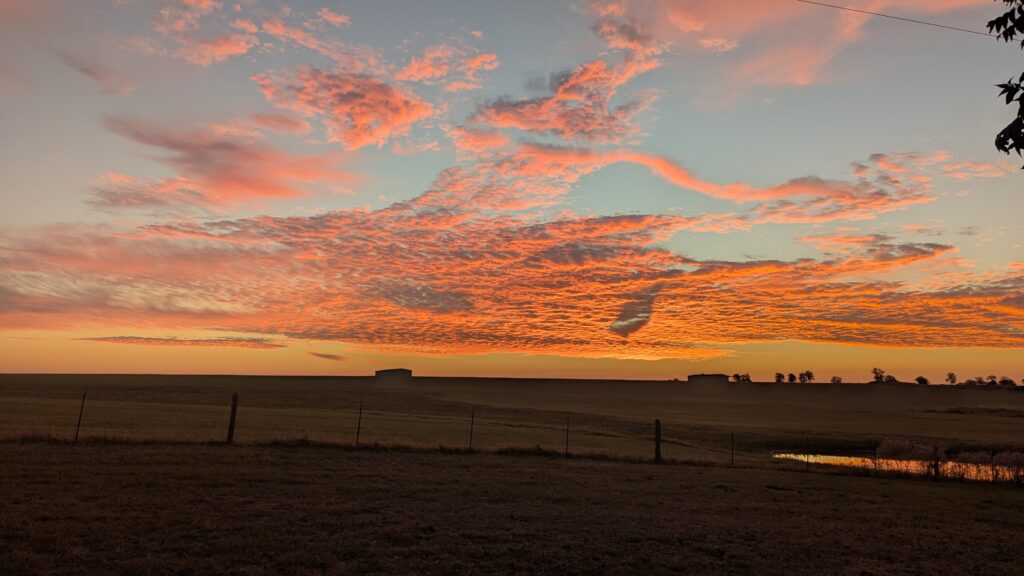
It was in the wilderness that the voice was heard. Not in the busy streets or decorated halls, but out where the ground was uneven and the air was raw. “Prepare the way of the Lord,” Isaiah cries. Valleys lifted, mountains leveled, crooked places straightened. This is not cosmetic work—it is excavation. Advent begins here, not with lights and music, but with disruption. God is coming, and the landscape must change.
For us, the wilderness may look different. It might be the clutter of our schedules, the weight of our worries, or the loneliness that creeps in even when we’re surrounded by people. Advent calls us to prepare the way—not by adding more noise or decoration, but by making space. Space for silence. Space for prayer. Space for presence.
We live in deserts of distraction and hurry. The invitation is not to escape them, but to stand in them and mark them as holy ground. To whisper to ourselves and to others: “The Lord is coming here, too.”
So this week, begin your mornings in stillness, even if only for a few minutes. Let that quiet remind you that God is already at work before you begin your day. As you move through your week, notice the rough places—strained relationships, cluttered routines, restless thoughts—and ask God to smooth them. And when you encounter others, offer small acts of kindness: a listening ear, a word of encouragement, a shared meal. These are not grand gestures, but they are the hidden ways we prepare a highway for God.
And as you walk this path, may your valleys be lifted, your mountains humbled, your rough places smoothed. May your life itself become a highway for the coming King. And may the glory of the Lord be revealed in the ordinary places where you wait.







